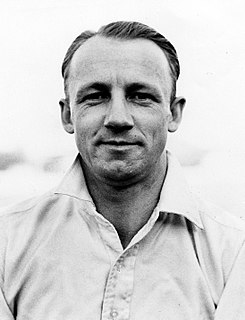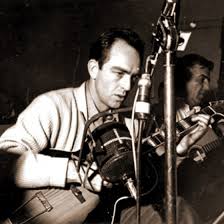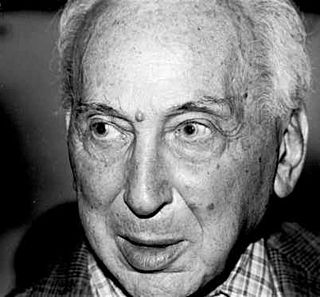A Quote by Kevin Kline
Playing Shakespeare requires technique. You don't play a Bach toccata by getting in the mood.
Related Quotes
I went to a Jesuit school and they did a William Shakespeare play every year. I got to know Shakespeare as parts I wanted to play. I missed out on playing Ophelia - it was an all-boys school. The younger boys used to play the girls, I played Lady Anne in Richard III and Lady Macbeth, then Richard II and Malvolio. I just became a complete Shakespeare nut, really.
I saw him playing on television and was struck by his technique, so I asked my wife to come look at him. Now I never saw myself play, but I felt that this player is playing with a style similar to mine, and she looked at him on Television and said yes, there is a similarity between the two...his compactness, technique, stroke production - it all seemed to gel!



































